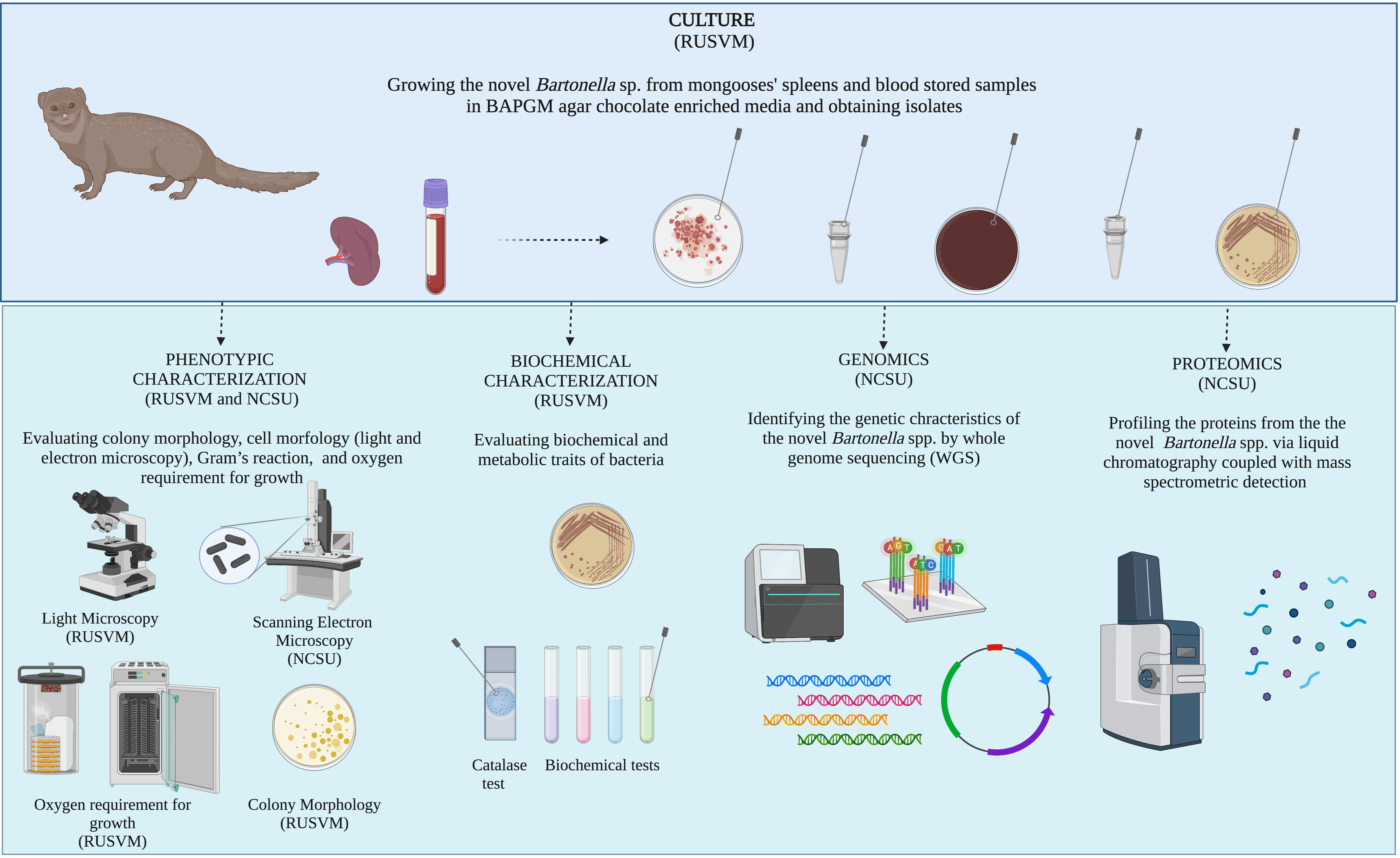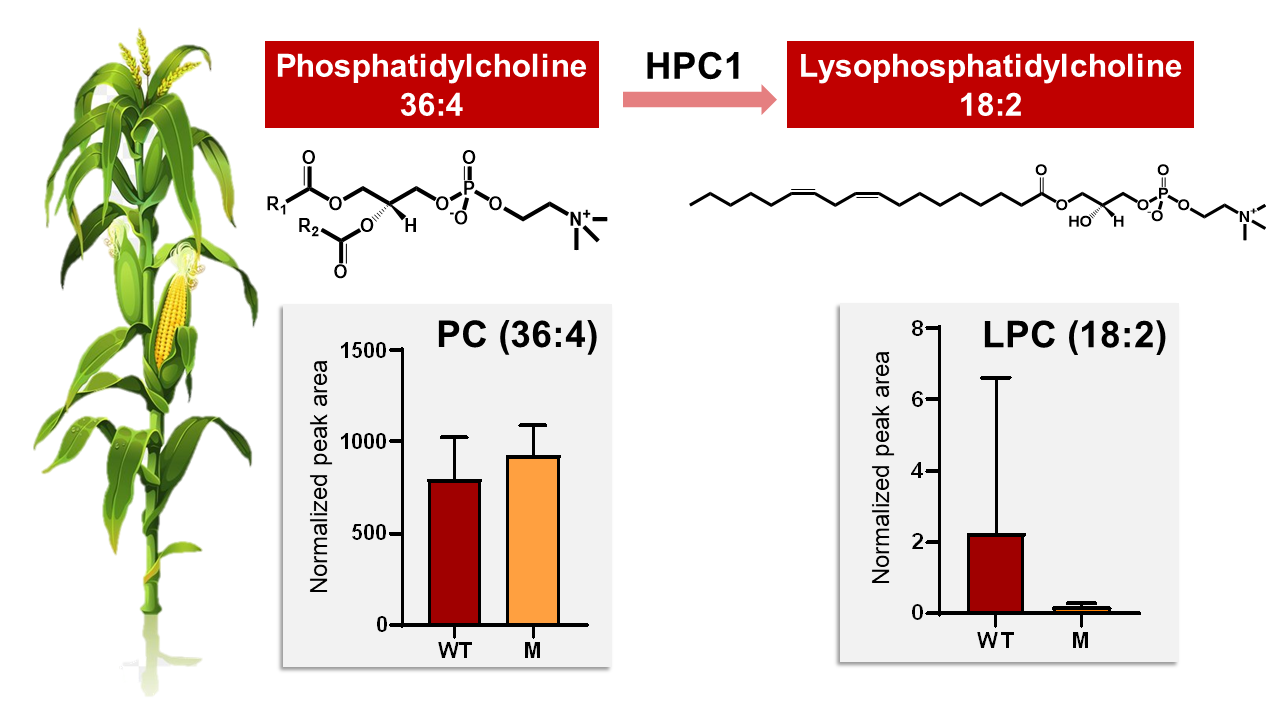METRIC part of group awarded Ross University School of Veterinary Medicine grant
In this joint proposal funded by the Ross University School of Veterinary Medicine (USD $ 21,914.00), researchers from RUSVM (Dr. Ananda Müller) and North Carolina State University [Dr. Edward Breitschwerdt (CVM), Dr. Ricardo Maggi (CVM) and Dr. Taufika Islam Williams (METRIC / Chemistry)] will employ traditional and innovative methodologies (in cell culture, genomics and proteomics experiments) for the description of a novel Bartonella species observed in the mongoose (Urva auropunctata) inhabiting the Caribbean islands.

Bartonella is a genus in the order Rhizobiales and contains fastidious, Gram-negative, hemotropic, pleomorphic bacteria that infect a plethora species – including animals and humans – and is typically transmitted through arthropods. Mongooses (Urva auropunctata), are a highly invasive, terrestrial & carnivorous mammal that inhabits the Caribbean islands and can carry several different pathogens. Dr. Muller’s research group (Ross University School of Veterinary Medicine or RUSVM) recently demonstrated that mongooses and their fleas from St. Kitts are reservoirs for B. henselae and a novel Bartonella species, tentatively named Candidatus Bartonella kittensis. ‘Candidatus’ is a provisional status to name prokaryotic phyla that are well-characterized based on gene sequencing, but yet-uncultured. In this joint proposal funded by the Ross University School of Veterinary Medicine (USD $ 21,914.00), researchers from RUSVM (Dr. Ananda Müller) and North Carolina State University [Dr. Edward Breitschwerdt (CVM), Dr. Ricardo Maggi (CVM) and Dr. Taufika Islam Williams (METRIC)] will employ traditional (Figure 1) and innovative methodologies (in cell culture, genomics and proteomics experiments) for the description of this novel Bartonella species (in accordance with the International Committee on Systematics of Prokaryotes). This work will enable detailed characterisation of bacterial morphology, metabolism, host adaptation and the presence / absence of genes and proteins associated with virulence, disease and defense for this novel species. The results from this study will be of future epidemiological and potentially clinical relevance for Bartonellae – in the context of animals and humans – inhabiting mongoose in the Caribbean islands.
- Categories:


